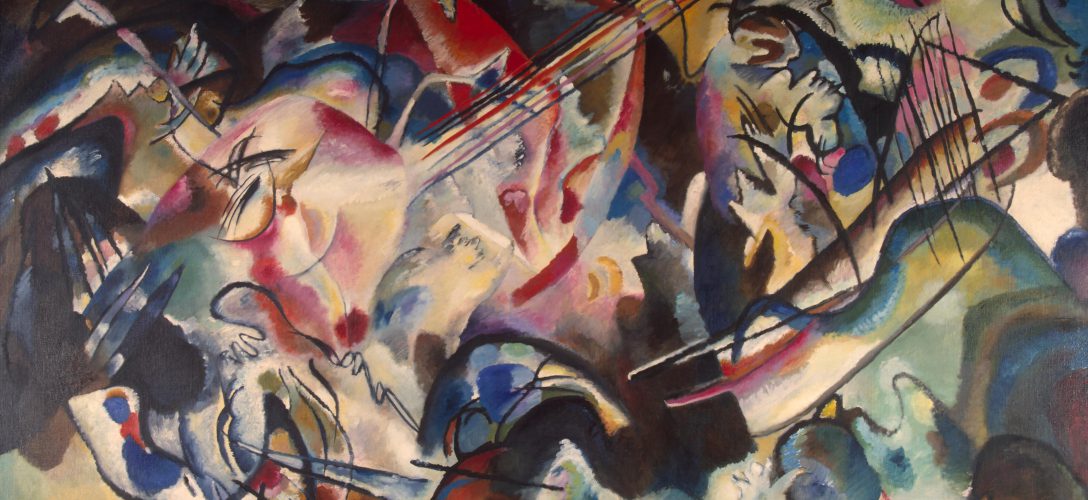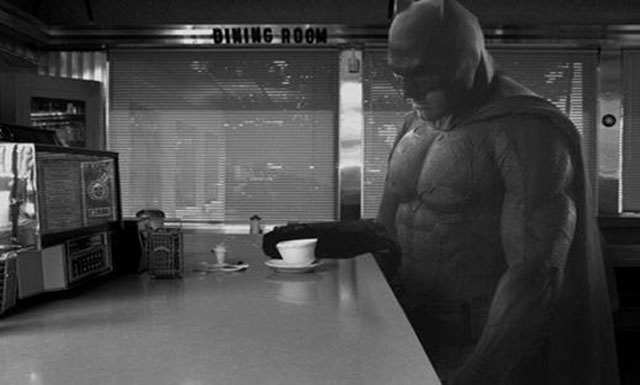Upon a re-watch of The Dark Knight (2008) last night, I was struck by the arrogance and elitism of its heroism: Gotham is the stereotypical sin city, plagued by crime and corruption, and by god, this film is dead set on one thing: we need *one man* to fix this. Gotham needs a Savior, a Messiah, and whether it’s Batman or someone else, the Nolan’s seem to be sure that it has to be some-one—nowhere is there a consideration that what Gotham might need is a we, an us. The Dark Knight (TDK) doubles down on this lone messiah complex when Bruce Wayne begins to think the day is coming when Gotham won’t need Batman anymore due to the rise of Harvey Dent—a hero of the legal and political system; an actual, honest-to-god, virtuous politician. Whether it’s Dent or Batman, one man has to save an entire city. It’s the only option! The weight of Gotham rests on the shoulders of a single individual.
In the Joker’s final scheme, two ferries carrying civilians are given triggers to bombs. Each trigger would activate a bomb on the other ferry—one ferry must choose to trigger a bomb or both ferries, the Joker promises, will explode. The Joker loses his own win-win scenario when neither ferry chooses to detonate either explosive. This is the moment of greatest hope in this relatively cynical, pessimistic movie. The people of the broken, bent city, against the Joker’s expectations, can be good. But TDK chooses to completely ignore and overlook this after The Fall of Harvey Dent. Instead of trusting the people with the truth that even Dent, Gotham’s “White Knight,” descended into violence and madness, Batman is certain he and Gordon have to lie to maintain the illusion of the Hero of the Government.
Batman could choose to trust the people of Gotham. Had they not just proven they were capable of being trusted? Had they not just shown their capacity for justice in the face of certain death? But no, once again, The Dark Knight preserves the myth that one man can save a city. Batman must bear the burden of being an “outcast” of the polis by himself—as if retreating to his secret identity of billionaire playboy with near-infinite economic resources at his beck and call is such a curse! One would think, after this incredible display of moral fortitude, that the people of Gotham City had shown that they were capable of making sound decisions for their city. TDK builds hope and then just forgets about it, acts like it never happened. The film could direct hope and faith in the power of the citizens of Gotham, and give voice to a broken and forgotten people, but instead, TDK stubbornly re-directs our faith to be (mis)placed in Batman (of course), the lone savior of Gotham.
We should take this failure to identify the true source of Gotham’s redemption—its people—and use it as a call for strong, collective action. The elites of the polis are looking for a hero, a lone savior, and they’ll often find one: Harvey Dent, Barack Obama, Batman, Donald Trump; we even think Bernie Sanders might single-handedly make America great again. We all want the virtuous politician to swoop in and fix everything, or the grassroots pundit with a following to become our personal Lord and Savior, and our President at the same time. But if the past has shown us anything it’s that putting all our stock into individual messiah’s backfires eventually. We need to be asking how we can organize and act collectively: how can community groups replace individual saviors? How can activist movements render the self-righteous service of a lone messiah irrelevant? How might a communal space save a neighborhood? How might a re-imagining of the Commons transform the Privatized polis?
addendum
(As always, the form this work takes is just as important. We can’t expect a “crack down” on crime to prevent the conditions that produce it or to create a new Gotham. This work would take strategic, long-term economic and social initiatives/planning, and this is exactly the kind of work Batman doesn’t do, but Bruce Wayne could. But sadly, Bruce isn’t Batman for Gotham but for himself. He needs the illusion that he’s making a difference. If Bruce Wayne truly cared about the city his father became so invested in dedicating his life to, then when The Dark Knight Rises (TDKR, 2012) opens, we’d find a Bruce Wayne finally liberated to be Bruce Wayne: knee deep in social reforms, community initiatives, investing in neighborhood revitalization, leveraging his vast resources for the betterment of local communities, etc. Instead, we find a depressed and lonely recluse—exactly what he wants to be. Bruce Wayne wants to be Batman Forever. The problem with The Dark Knight Trilogy is that the Nolan’s maintain that the people need the fantasy that a Messiah is going to save them in order to go on, when in reality, the Messiah needs the fantasy of his own Saving Work in order to go on.
One could say that TDKR addresses this issue when Alfred says that Gotham needs Bruce Wayne, not Batman, calling out the need not for heroes but for regular people pulling their collective resources together. TDKR almost overcomes the individual messiah complex which plagues the trilogy, but the need for a lone savior persists even in its closing scene: Wayne directs another young, displaced orphan to Batman’s resources, signaling the passing of the torch, the arrival of the next generation—Gotham will always need a Savior, always need saving. Because there will always be crime and the guilty criminals who do it—”the bad guys”—and the “good guys” who have to stop them. And a city that will always have good guys and bad guys—a city of perpetual war, always in crisis, always in need of saving—is just another way of saying that Gotham will never find peace, or a voice. Gotham doesn’t need a Messiah; what Gotham needs is itself, its own people.)

